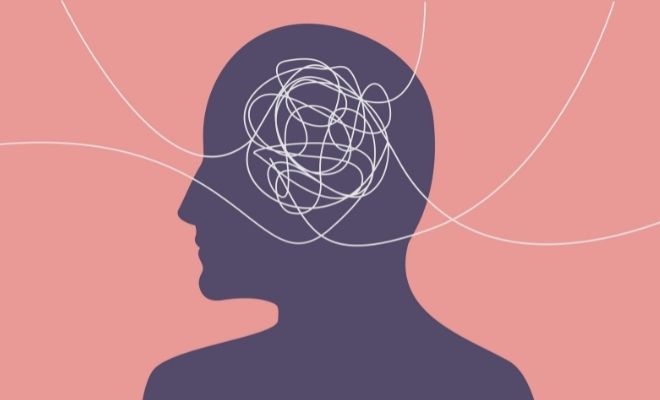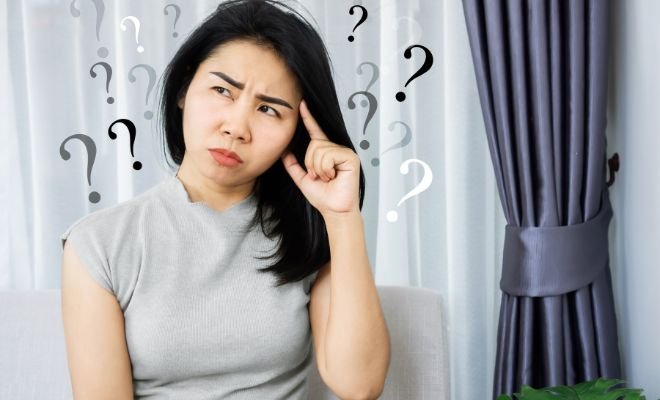If a anxiety has become your life partner for some time; you will surely have gone through your health center. Most doctors prescribe both anxiolytics and antidepressants. Yes, antidepressants are also used to treat anxiety, but can antidepressants and anxiolytics be taken together? In principle, yes, but below we will give you more details about what it takes to mix both drugs. Very attentive.

Taking antidepressants and anxiolytics at the same time
We already know that anxiolytics are commonly prescribed for anxiety, but you may be surprised if your doctor also prescribes antidepressants. No, it does not mean that you have depression, but anxiety and depression share common characteristics and many times one appears first and then the other. For this reason, it is common for you to find yourself faced with two prescriptions: one.
The question is if you can take both drugs at the same time. And the answer is of course yes. There’s no problem taking anxiolytics and antidepressants together —at least, no more problems than taking just one of the drugs. But let’s go to what it really means to take both antidepressants and anxiolytics.
You must be very clear (because your doctor may not explain it to you) that drugs can help you overcome a problem of anxiety or depression, do not close yourself off to pharmacological help. But you must be even clearer that these drugs treat the symptoms, not the problem.
We explain ourselves. When you are prescribed a flu medicine, it helps you overcome the flu process. When they prescribe anxiolytics and antidepressants, what they do is alleviate the annoying and even terrible symptoms of anxiety or depression. But they do nothing to overcome the problem itself. The only thing that can help you overcome anxiety is psychological therapy.
The risks of anxiety medications
One thing is that you can take anxiolytics and antidepressants at the same time and another thing is that you are not aware of the risks. The risks of these types of drugs go beyond the known side effects of antidepressants, which usually last a couple of weeks. The real risk is with anxiolytics, with the tolerance and addiction they produce.
We will not tire of repeating the extreme care that must be taken when taking anxiolytics. And we will not get tired of complaining about the ease and lightness with which they are prescribed and also without informing about the risks. Anxiolytics hook, create addiction. Then there is the tolerance to the medication, that is, your body gets used to the usual dose and to achieve the same effect you will have to take more and more.
Does that mean you should never try an anxiolytic? None of that, there are specific occasions when they are really needed and can be of great help. But try not to take it for more than two weeks in a row so that your body does not get used to the medicine. After all, anxiolytics relieve, but in the long run it is the medication itself (or the lack of it) that creates and generates the symptoms.
Beware of anxiolytics, which instill less fear than antidepressants, but are more dangerous. And no, just because you have to take these drugs for a while doesn’t mean you have to take them your whole life. Look for a psychological treatment on your onto if it is not provided at your health center, because that treatment will be the one that goes to the root of the problem.






